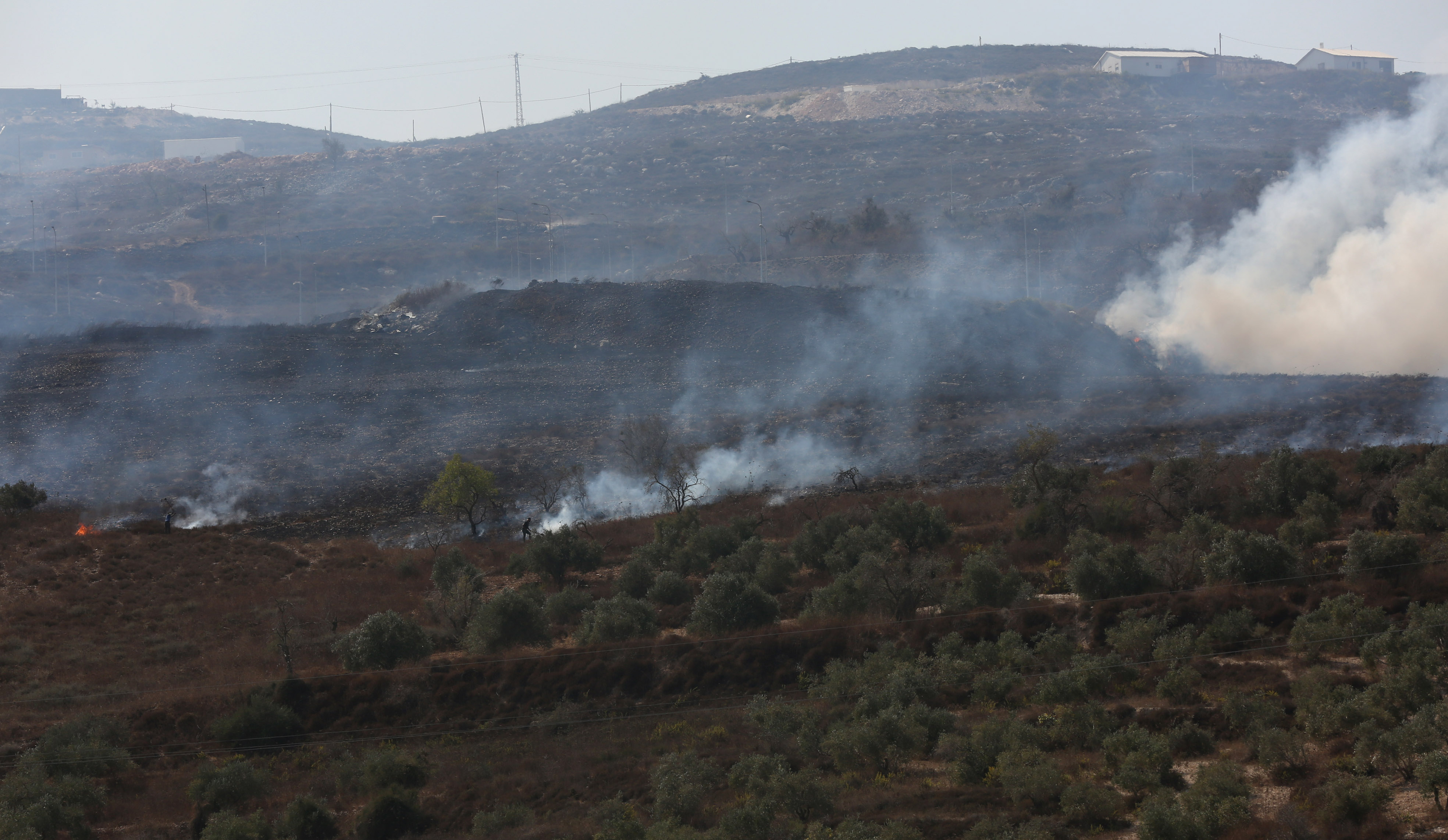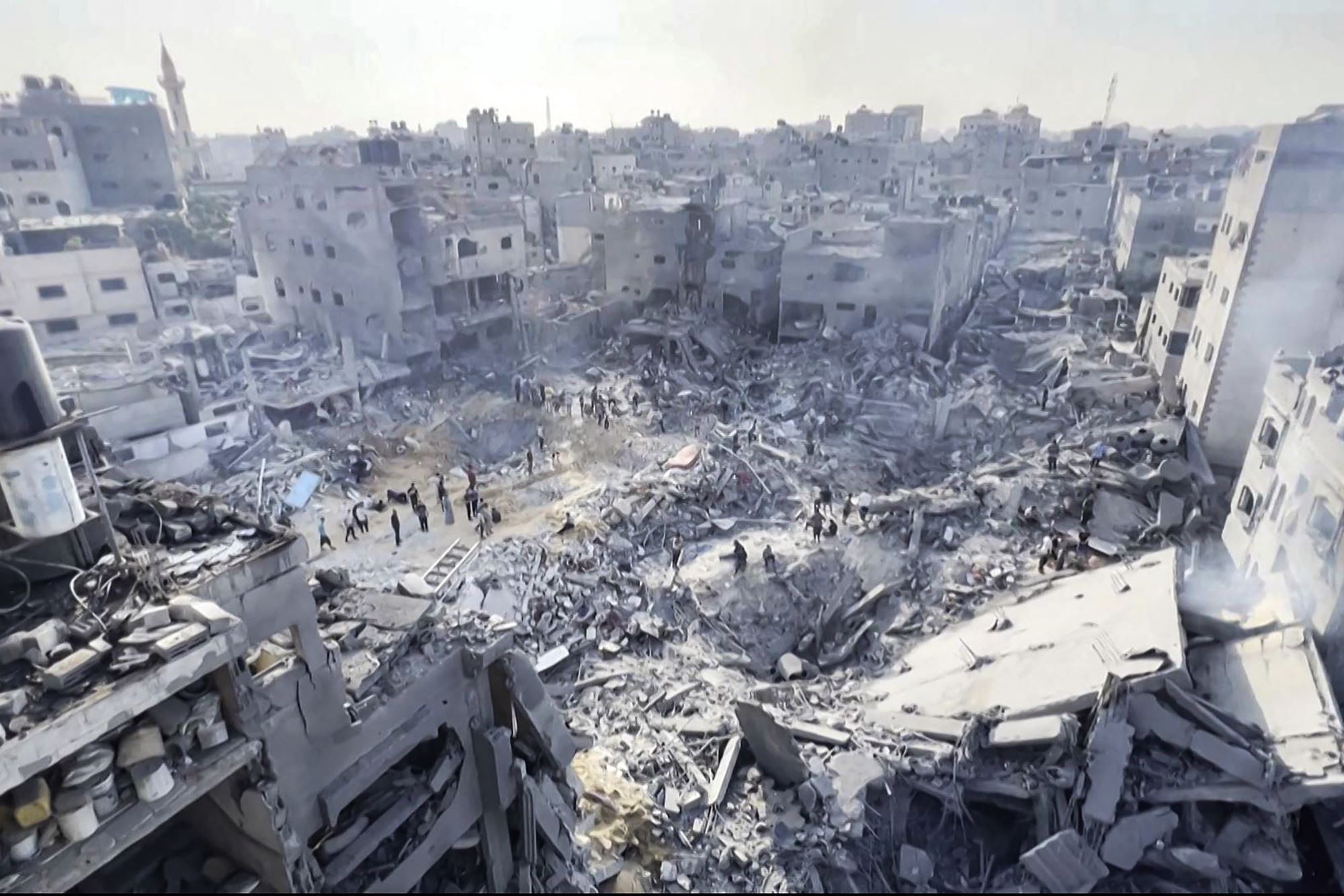RAMALLAH, Thursday, April 18, 2019 (WAFA) – Demolition of the family home of Palestinians involved in attacks against Israelis is not a mean for deterrence, as claimed by Israel, rather it is considered a collective punishment, argued attorney for the Jerusalem Legal Aid Center (JLAC) in a petition submitted to the Israeli High Court on 15 April.
On the next day, the High Court rejected JLAC petition to cancel a punitive demolition order against the family of Omar Abu Leila and upheld the demolition order. The court gave the Abu Leila family to evacuate its home by April 23.
JLAC attorneys Sliman Shahin and Mohammad Abbasi argued in their petition to the High Court that these demolitions are not a means of deterrence but rather amount to collective punishment.
Collective punishment is prohibited under customary international humanitarian law, including Article 50 of the Hague Regulations, Article 87 of the Third Geneva Convention, and Article 33 of the Fourth Geneva Convention. Moreover, collective punishment was recognized as a war crime in the Nuremberg trials that followed World War II as well as the Special Court for Sierra Leone.
The punitive demolition order was issued against the Abu Laila home by the Israeli occupation army last month following an alleged fatal attack carried out by Omar Abu Leila in the illegal Israeli settlement of Ariel in the northern occupied West Bank.
Abu Leila, 18, was accused by Israeli occupation forces of stabbing an Israeli soldier to death on 17 March before seizing his gun and fatally shooting a settler in the same illegal settlement. Two days later, Abu Leila was killed by Israeli forces following an exchange of gunfire near Ramallah. Abu Leila’s body is withheld by Israeli occupation authorities as part of a wider policy to refuse the release of alleged Palestinian attackers’ bodies.
The order to confiscate and demolish the Abu Leila home in the village of al-Zawiyah in the northern occupied West Bank affects the parents and their four children, all of whom are children under the age of 18. While the army admits that the family is not involved in the attack, it argues, based on secret evidence, that such punitive demolitions constitute an effective form of deterrence.
For its ongoing exercise of punitive demolitions, Israel relies on Regulation 119 of the Emergency (Defense) Regulations, promulgated by the British Mandatory Government in Palestine in 1945. JLAC contends that both the literal and the purposive interpretations of Regulation 119 lead to the clear conclusion that it was originally designated as a form of collective punishment, adding that attempts to interpret it as a measure of deterrence violate the principle of legality, a foundation of Israel’s own constitutional law.
Furthermore JLAC stressed that notwithstanding the explicit objective of the demolition, it violates the principle of distinction, a customary International Humanitarian Law rule stating that attacks must not be directed against civilians.
In a unanimous ruling written by Justice Alex Stein, the High Court dismissed JLAC’s arguments, citing a long list of decisions upholding such demolitions. Responding to attorney Shahin’s question regarding the purported goal of deterrence, Stein said that it’s enough to discourage one out of 10,000 potential attackers for the deterrence objective to be fulfilled.
Besides upholding the confiscation and the demolition of the entire apartment, the Court ordered the family of six to evacuate it by 23 April.
JLAC said it strongly condemns the Court’s decision and its unwillingness to strike down military practices that flagrantly violate Palestinians rights. “By continuing to greenlight collective punishment, forcible transfer, and systematic violations of international humanitarian law and international human rights law, the Israeli High Court shows its complicity in war crimes," said JLAC.
M.K.











